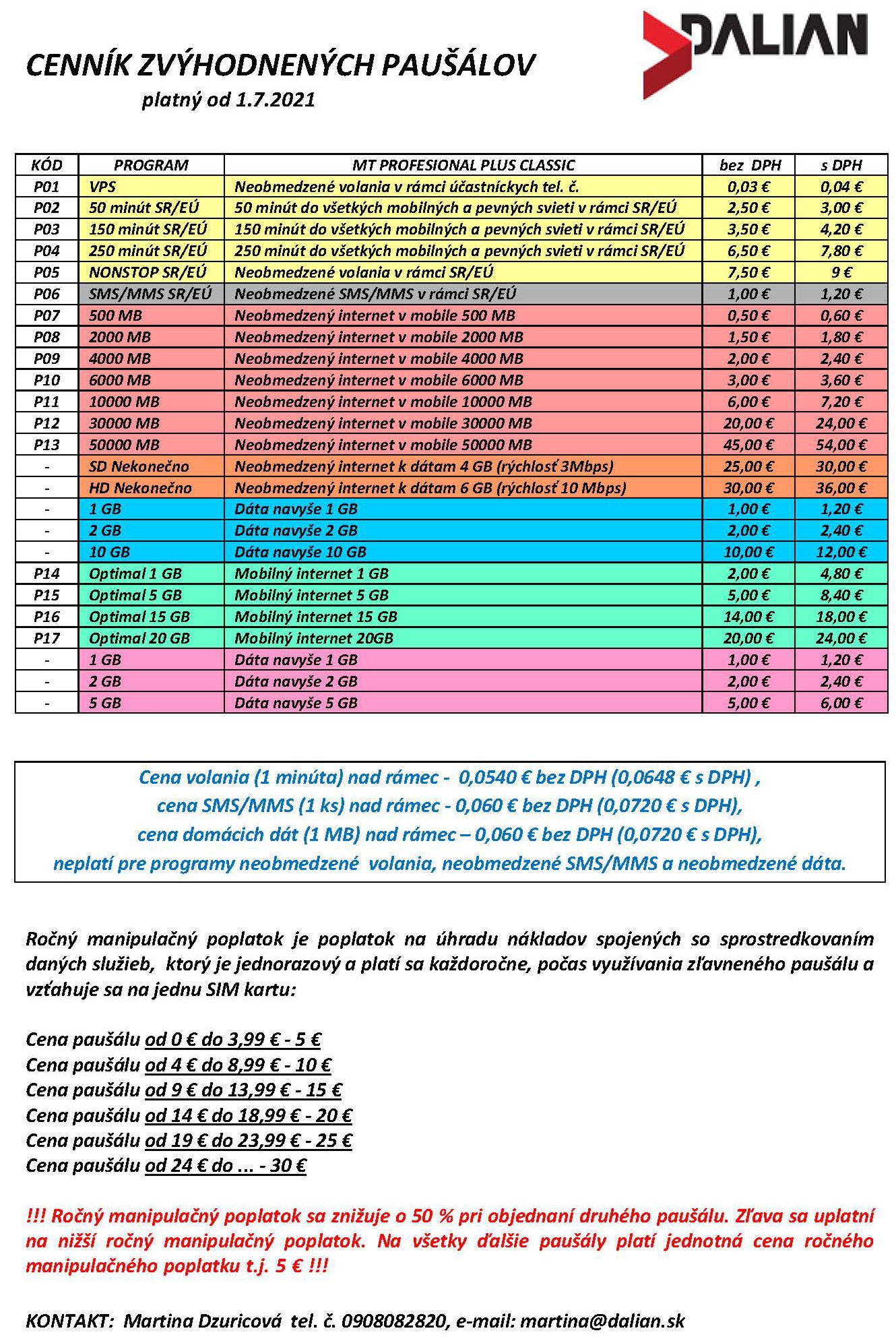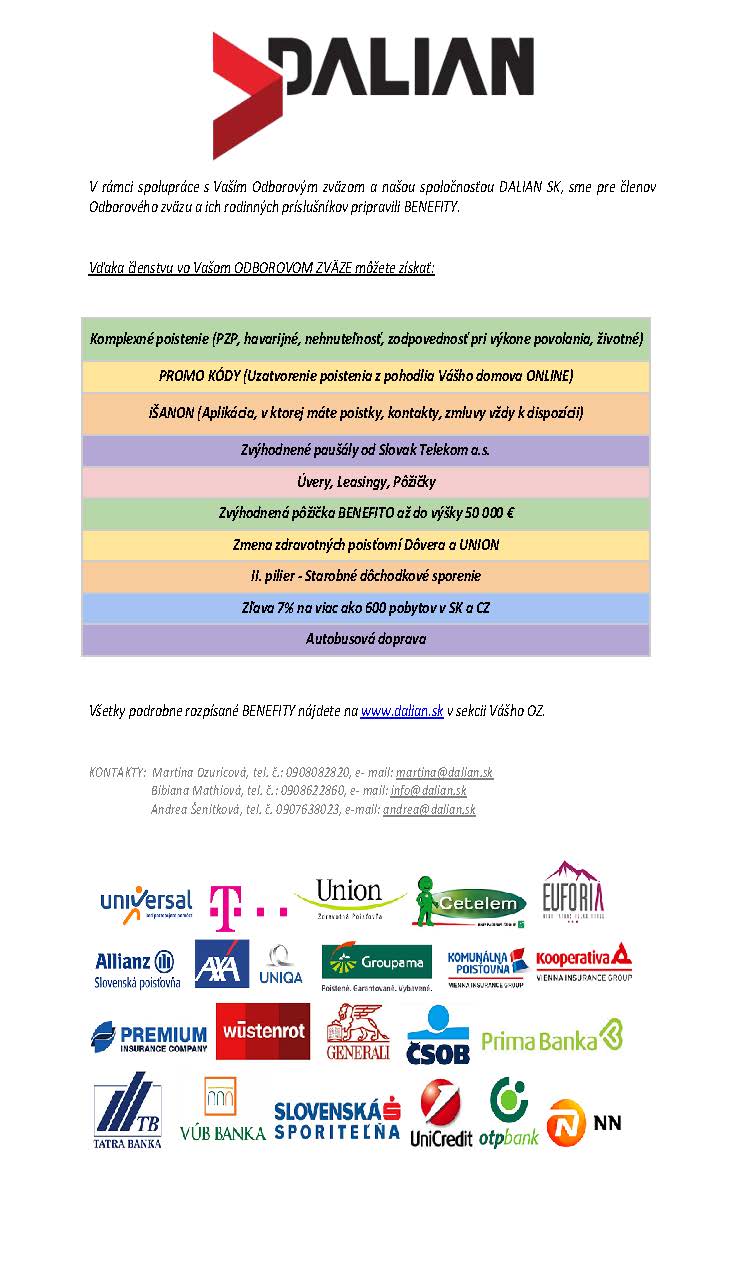v členskej sekcii sa nachádza informácia z prezídia OZH, kotré sa konalo 21. 2. 2017 v Bratislave
Najnovšie od Mgr. Peter Šagát
533489 komentáre
-
Odkaz na komentáre
 pondelok, 27 máj 2024 17:22
Napísal(a) Arden
pondelok, 27 máj 2024 17:22
Napísal(a) Arden
15 Trends To Watch In The New Year Zeus Slot Game slot demo gratis pragmatic play no deposit zeus (Arden)
-
Odkaz na komentáre
 pondelok, 27 máj 2024 17:20
Napísal(a) bokep indonesia
pondelok, 27 máj 2024 17:20
Napísal(a) bokep indonesia
This paragraph offers clear idea in support of the new viewers of blogging,
that in fact how to do blogging. -
Odkaz na komentáre
 pondelok, 27 máj 2024 17:17
Napísal(a) https://numeracy.wiki/index.php/User:KrisKotter
pondelok, 27 máj 2024 17:17
Napísal(a) https://numeracy.wiki/index.php/User:KrisKotter
Useful info. Lucky me I discovered your website accidentally, and I am shocked
why this accident didn't took place earlier! I bookmarked it. https://numeracy.wiki/index.php/User:KrisKotter -
Odkaz na komentáre
 pondelok, 27 máj 2024 17:11
Napísal(a) get started
pondelok, 27 máj 2024 17:11
Napísal(a) get started
In the realm of forex trading, staying abreast of fundamental
factors is paramount, because they shape market sentiment, influence currency valuations, and drive price movements.
From economic indicators to geopolitical events, many factors donate to
the dynamic landscape of forex markets. This article delves to the significance of fundamental analysis
in forex trading, concentrating on the analysis of economic data and
news events to produce informed trading decisions.
Understanding Fundamental Analysis
Fundamental analysis involves evaluating the intrinsic value of currencies by assessing economic, political, and
social factors that impact supply and demand dynamics. Unlike technical analysis,
which relies on historical price data, fundamental analysis
centers around the underlying forces driving market movements.
Traders analyze various economic indicators, central bank policies, geopolitical
developments, and news events to gauge the fitness of economies and anticipate currency fluctuations.
Analyzing Economic Data
1. GDP (Gross Domestic Product):
GDP measures the full total value of goods and services produced within a
country's borders and serves as a key indicator of economic health.
Traders monitor GDP reports to assess the strength of an economy and anticipate currency movements accordingly.
A strong GDP growth often contributes to currency appreciation, while a
contraction may trigger depreciation.
2. Interest Rates:
Central banks use interest rates as a monetary policy tool to
manage inflation and stimulate economic growth.
Changes in interest rates influence borrowing costs,
investment decisions, and currency valuations. Traders closely monitor central bank announcements and
interest rate decisions, as shifts in monetary policy can significantly impact currency markets.
3. Inflation (Consumer Price Index):
Inflation measures the rate of which prices of goods and services rise
over time. Central banks aim to keep stable inflation rates conducive to
economic stability and growth. Traders scrutinize inflation data,
including the Consumer Price Index (CPI), to assess purchasing power and anticipate central
bank actions regarding monetary policy adjustments.
Reacting to News Events
1. Central Bank Announcements:
Central banks play a pivotal role in shaping currency valuations through monetary policy decisions, such as for instance interest rate changes, quantitative easing, and forward guidance.
Traders closely monitor central bank meetings and announcements, analyzing
policymakers' statements for insights into future policy directions.
2. Geopolitical Events:
Geopolitical developments, including elections, trade negotiations, geopolitical
tensions, and geopolitical crises, may have profound effects on currency markets.
Traders assess geopolitical risks and their potential
impact on investor sentiment, capital flows, and currency valuations, adjusting their trading strategies
accordingly.
3. Economic Releases:
Key economic indicators, such as employment reports, retail sales, manufacturing data, and trade balances,
provide valuable insights into the fitness of economies
and their respective currencies. Traders answer economic releases by
assessing whether data deviates from market expectations and adjusting their positions based on the
perceived implications for currency movements.
Incorporating Fundamental Analysis into Trading Strategies
Successful forex trading entails integrating fundamental analysis
into a comprehensive trading strategy that combines both fundamental and technical
insights. Traders leverage economic calendars, news feeds,
and analysis tools to monitor fundamental factors, assess
market sentiment, and make informed trading decisions.
By understanding the interplay between economic data,
news events, and currency movements, traders gain a competitive edge in navigating the
dynamic landscape of forex markets confidently and precision. -
Odkaz na komentáre
 pondelok, 27 máj 2024 17:11
Napísal(a) Zacharyhodah
pondelok, 27 máj 2024 17:11
Napísal(a) Zacharyhodah
Opened up an enthralling read – I'd like to share it with you http://anatoliyrud.ekafe.ru/viewforum.php?f=29
-
Odkaz na komentáre
 pondelok, 27 máj 2024 17:10
Napísal(a) Rara Travel Tour
pondelok, 27 máj 2024 17:10
Napísal(a) Rara Travel Tour
I am sure this paragraph has touched all the internet people, its really
really pleasant piece of writing on building up new webpage. -
Odkaz na komentáre
 pondelok, 27 máj 2024 17:10
Napísal(a) discover more
pondelok, 27 máj 2024 17:10
Napísal(a) discover more
In the realm of forex trading, staying abreast of fundamental factors is paramount,
while they shape market sentiment, influence currency
valuations, and drive price movements. From economic indicators to
geopolitical events, a myriad of factors subscribe to the dynamic landscape of forex markets.
This informative article delves to the significance of fundamental analysis
in forex trading, focusing on the analysis of economic data and news events to create informed trading decisions.
Understanding Fundamental Analysis
Fundamental analysis involves evaluating the intrinsic
value of currencies by assessing economic,
political, and social factors that impact supply and demand dynamics.
Unlike technical analysis, which depends on historical price data, fundamental analysis
centers on the underlying forces driving market movements.
Traders analyze various economic indicators, central bank policies, geopolitical developments, and news events to
gauge the fitness of economies and anticipate currency fluctuations.
Analyzing Economic Data
1. GDP (Gross Domestic Product):
GDP measures the sum total value of goods and services produced inside
a country's borders and serves as an integral indicator of economic health.
Traders monitor GDP reports to assess the effectiveness of an economy and anticipate currency movements accordingly.
A robust GDP growth often contributes to currency appreciation,
while a contraction may trigger depreciation.
2. Interest Rates:
Central banks use interest rates as a monetary policy tool to regulate inflation and stimulate economic growth.
Changes in interest rates influence borrowing costs, investment decisions,
and currency valuations. Traders closely monitor central bank announcements and interest rate decisions, as shifts in monetary policy can significantly
impact currency markets.
3. Inflation (Consumer Price Index):
Inflation measures the rate at which prices of goods and services rise over time.
Central banks aim to maintain stable inflation rates conducive to economic stability
and growth. Traders scrutinize inflation data, including the Consumer Price Index (CPI), to
assess purchasing power and anticipate central
bank actions regarding monetary policy adjustments.
Reacting to News Events
1. Central Bank Announcements:
Central banks play a pivotal role in shaping currency valuations through monetary policy
decisions, such as interest rate changes, quantitative easing, and forward guidance.
Traders closely monitor central bank meetings and announcements,
analyzing policymakers' statements for insights into future policy directions.
2. Geopolitical Events:
Geopolitical developments, including elections, trade negotiations,
geopolitical tensions, and geopolitical crises, can have profound effects on currency markets.
Traders assess geopolitical risks and their potential affect investor sentiment, capital
flows, and currency valuations, adjusting their trading strategies accordingly.
3. Economic Releases:
Key economic indicators, such as for instance
employment reports, retail sales, manufacturing data, and
trade balances, provide valuable insights into the fitness of economies and their respective currencies.
Traders react to economic releases by assessing whether data
deviates from market expectations and adjusting their positions based on the
perceived implications for currency movements.
Incorporating Fundamental Analysis into Trading Strategies
Successful forex trading entails integrating fundamental analysis into an extensive
trading strategy that combines both fundamental
and technical insights. Traders leverage economic calendars, news
feeds, and analysis tools to monitor fundamental factors, assess market
sentiment, and make informed trading decisions. By understanding
the interplay between economic data, news events, and currency movements,
traders gain a competitive edge in navigating
the dynamic landscape of forex markets with full confidence and precision. -
Odkaz na komentáre
 pondelok, 27 máj 2024 17:09
Napísal(a) повышение рейтинга домена
pondelok, 27 máj 2024 17:09
Napísal(a) повышение рейтинга домена
Страсть к веб-сайту -- очень индивидуально дружелюбно
и много, чтобы увидеть! Посетите также мою страничку повышение рейтинга домена -
Odkaz na komentáre
 pondelok, 27 máj 2024 17:09
Napísal(a) holiday88.sbs
pondelok, 27 máj 2024 17:09
Napísal(a) holiday88.sbs
Simply want to say your article is as astonishing. The clearness
in your submit is just nice and i could assume you are an expert in this subject.
Fine with your permission let me to seize your feed to
keep updated with impending post. Thank you a million and please keep up the rewarding work. -
Odkaz na komentáre
 pondelok, 27 máj 2024 17:09
Napísal(a) Site Link Sales
pondelok, 27 máj 2024 17:09
Napísal(a) Site Link Sales
Hello! I realize this is sort of off-topic however I needed to
ask. Does building a well-established website like yours take
a massive amount work? I am brand new to blogging however I do write in my journal on a daily
basis. I'd like to start a blog so I can easily share my own experience
and views online. Please let me know if you have any kind of
recommendations or tips for new aspiring blog owners. Appreciate it!
Napíšte komentár
Vyplňte všetky povinné polia označené (*). HTML kód nie je povolený.
Pripravili sme viacero výhod pre členov OZH a ich rodiny.
V prípade akýchkoľvek otázok ako môžete tieto výhody využiť
kontaktujte Dalian s.r.o.:
+421 908 622 860
Bibiana Mathiová
hasici@dalian.sk
Spolu dokážeme viac
Odborový zväz hasičov
Drieňová 22
Bratislava
826 86
tel.: +421(0)692044461
IČO: 30811261
č.ú.: 4007856539/7500 - ČSOB
IBAN : SK26 7500 0000 0040 0785 6539









